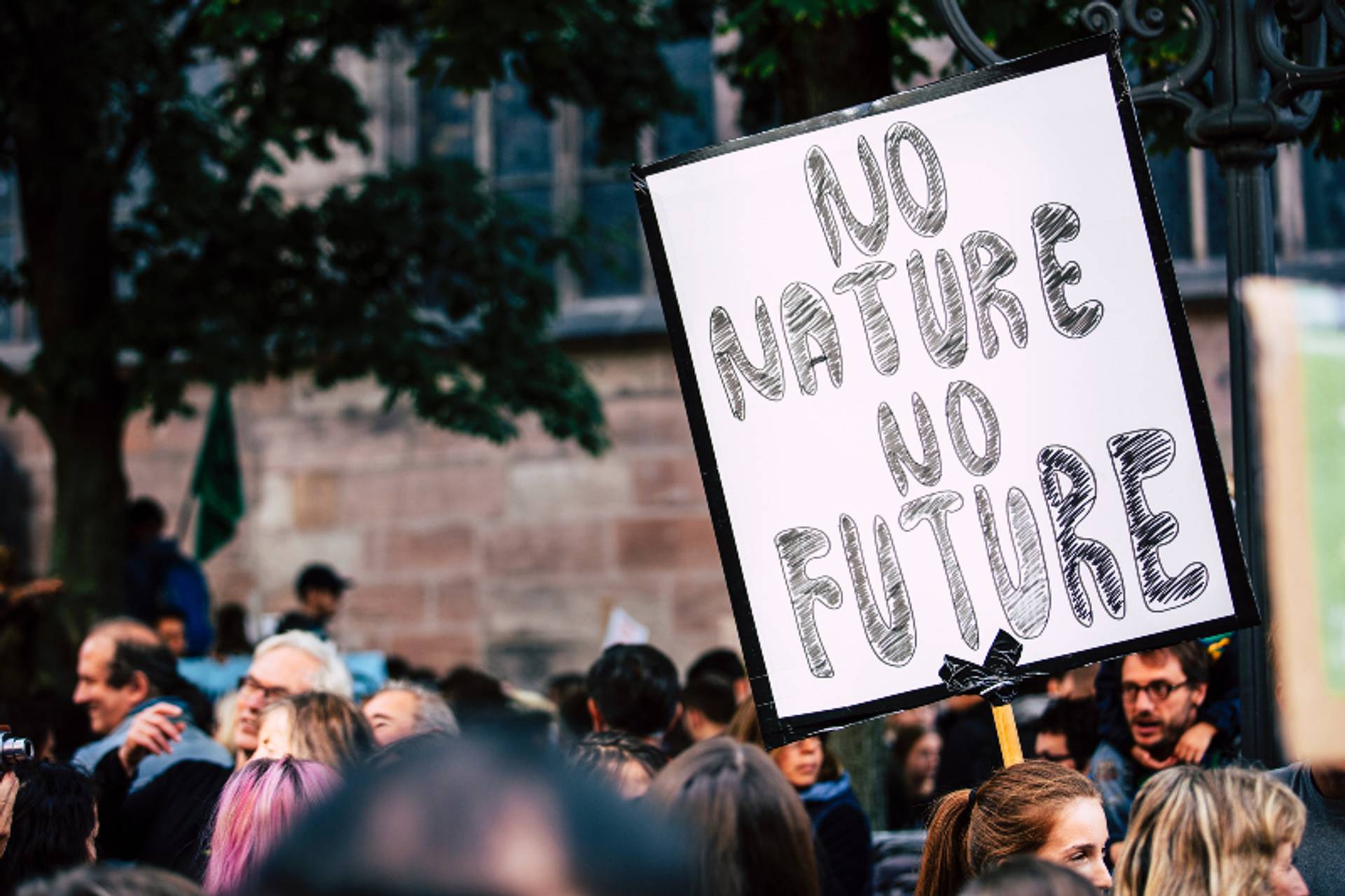
Legal experts from across the globe have drawn up a ‘historic’ definition for ecocide, which is intended to be used by the international criminal court. The move reflects a growing consciousness surrounding the inextricable link between the wellbeing of humanity and the wellbeing of the planet.
A team of global legal experts has come together to draw up a definition for ecocide. The draft law defines ecocide as “unlawful or wanton acts committed with knowledge that there is a substantial likelihood of severe and widespread or long-term damage to the environment being caused by those acts.” If adopted, ecocide could be set to join war crimes, crimes against humanity, and genocide on the list of offenses prosecuted by the international criminal court. “We are in a relationship with our environment, we are dependent for our wellbeing on the wellbeing of the environment and we have to use various instruments, political, diplomatic but also legal to achieve the protection of the environment,” says Professor Philippe Sands QC, who co-authored the definition.
As the first proposed law of its kind to not have an entirely human focus, the draft definition of ecocide represents a wider shift in how people think about humanity’s relationship to the environment. The pandemic has heightened global awareness of the link between the state of the natural world and human wellbeing. Indeed, Boston Consulting Group finds that 70% of people globally have become more aware since pre-pandemic that human activity threatens the climate and that degradation of the environment, in turn, threatens humans. As an increasing number of people view the climate crisis as a threat to their lives and wellbeing, the onus is on both brands and consumers to take genuine action to protect the planet.



